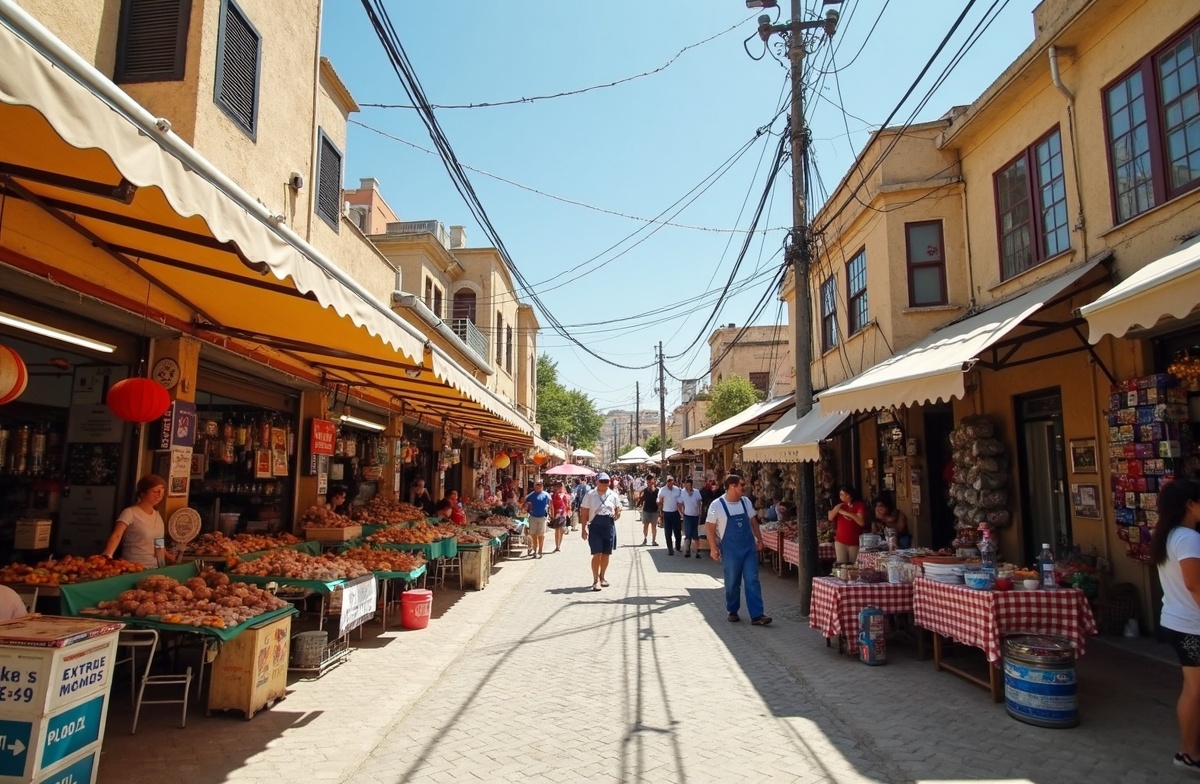Cost of Living in Israel: What a Repatriate Spends Money On
Reading time: 5 minutes
Key points:
- Main expense items: housing and utilities
- Daily expenses: food and transportation
- Health, education, and additional needs
- Budget optimization and income search
- Effective financial management in Israel
Article contents:
Main expense items: housing and utilities
The most significant part of a repatriate’s budget goes toward renting or buying housing. The cost varies greatly depending on the city and area: prices in central Tel Aviv are incomparable to the periphery. In addition to rent, mandatory utility payments include electricity, water, municipal tax (arnona), and often a building maintenance fee (vaadat bayit). A cost-saving solution can be to search for options on specialized platforms, for example, in the Real Estate section, where you can find offers from owners without intermediaries.
Daily expenses: food and transportation
Monthly food expenses in Israel are quite high. To save money, many shop at markets (“shuk”) and discount supermarket chains. Transportation is a separate budget item. The cost of bus or train fares, as well as maintaining a personal car, including mandatory insurance and high gasoline prices, require serious planning. Buying a used car through a trusted platform, such as Cars, can be a worthwhile investment.
Health, education, and additional needs
Healthcare in Israel is based on a national health insurance system. Repatriates are entitled to the healthcare basket from the moment they receive their ID card, but some services and medications require co-payments. If there are children in the family, expenses for kindergartens, extracurricular activities, and education become substantial. Additionally, there are always unforeseen expenses, from buying furniture to paying for various Services. To find good deals for all these needs, the Classifieds section is ideal.
Budget optimization and income search
The key to financial stability is not only controlling expenses but also finding additional sources of income. Many repatriates start with jobs that don’t require perfect Hebrew. Actively searching for vacancies on specialized websites, such as the Jobs section, significantly speeds up employment. Additionally, selling unwanted items or offering professional skills as a freelancer helps earn extra income and get on your feet faster.
Conclusion: effective financial management in Israel
Adapting to a new country is a challenging but manageable process. As we’ve discovered, a repatriate’s main financial efforts are focused on housing, daily expenses, health, and finding a reliable source of income. Smart planning of each expense item helps avoid stress and build a solid foundation for a new life. On this journey, a modern digital platform becomes an indispensable helper, where you can not only find everything you need at good prices but also effortlessly place your own ad. Remember, it will be seen by speakers of all major languages in Israel, as it automatically becomes available in Hebrew, English, Russian, and Arabic, maximally expanding your circle of potential clients or buyers.
Frequently Asked Questions
What are the main expense items for a repatriate in Israel?
The main expense items include housing, utilities, food, transportation, health, and education.
The main expense items include housing, utilities, food, transportation, health, and education.
How can food expenses be reduced?
To reduce food expenses, it is recommended to shop at markets and discount supermarkets.
To reduce food expenses, it is recommended to shop at markets and discount supermarkets.
Where to look for work in Israel?
Job searches can be conducted on specialized websites, for example, in the “Jobs” section.
Job searches can be conducted on specialized websites, for example, in the “Jobs” section.
